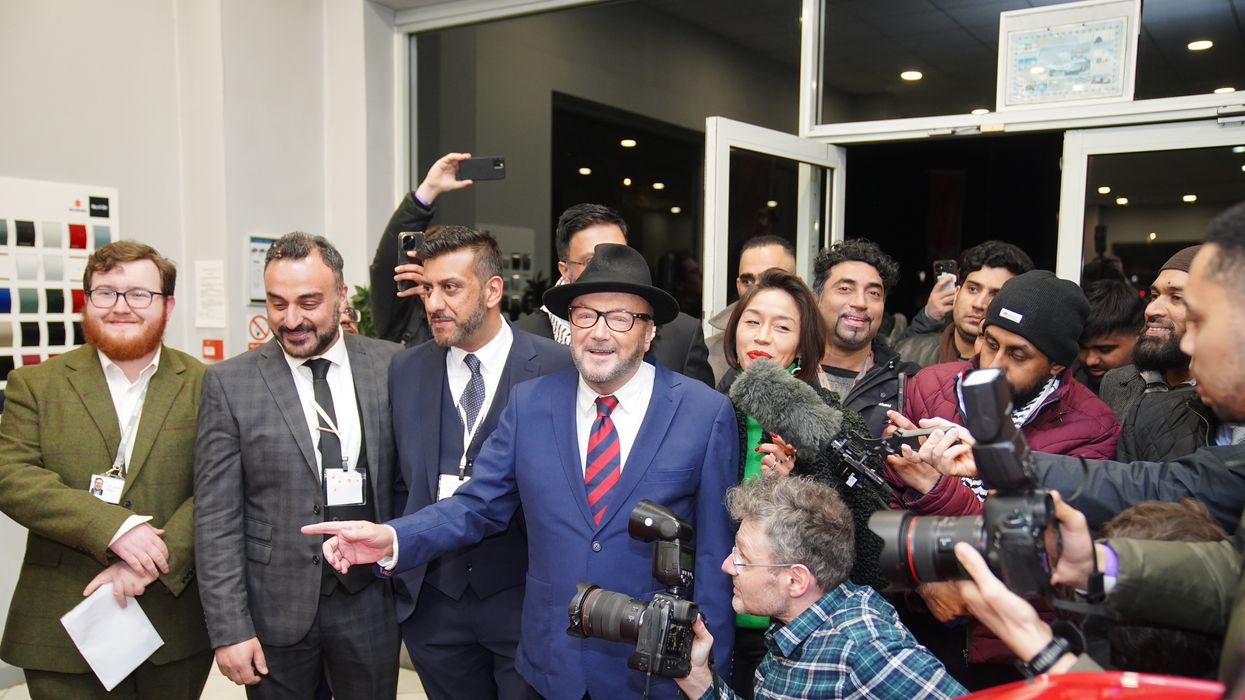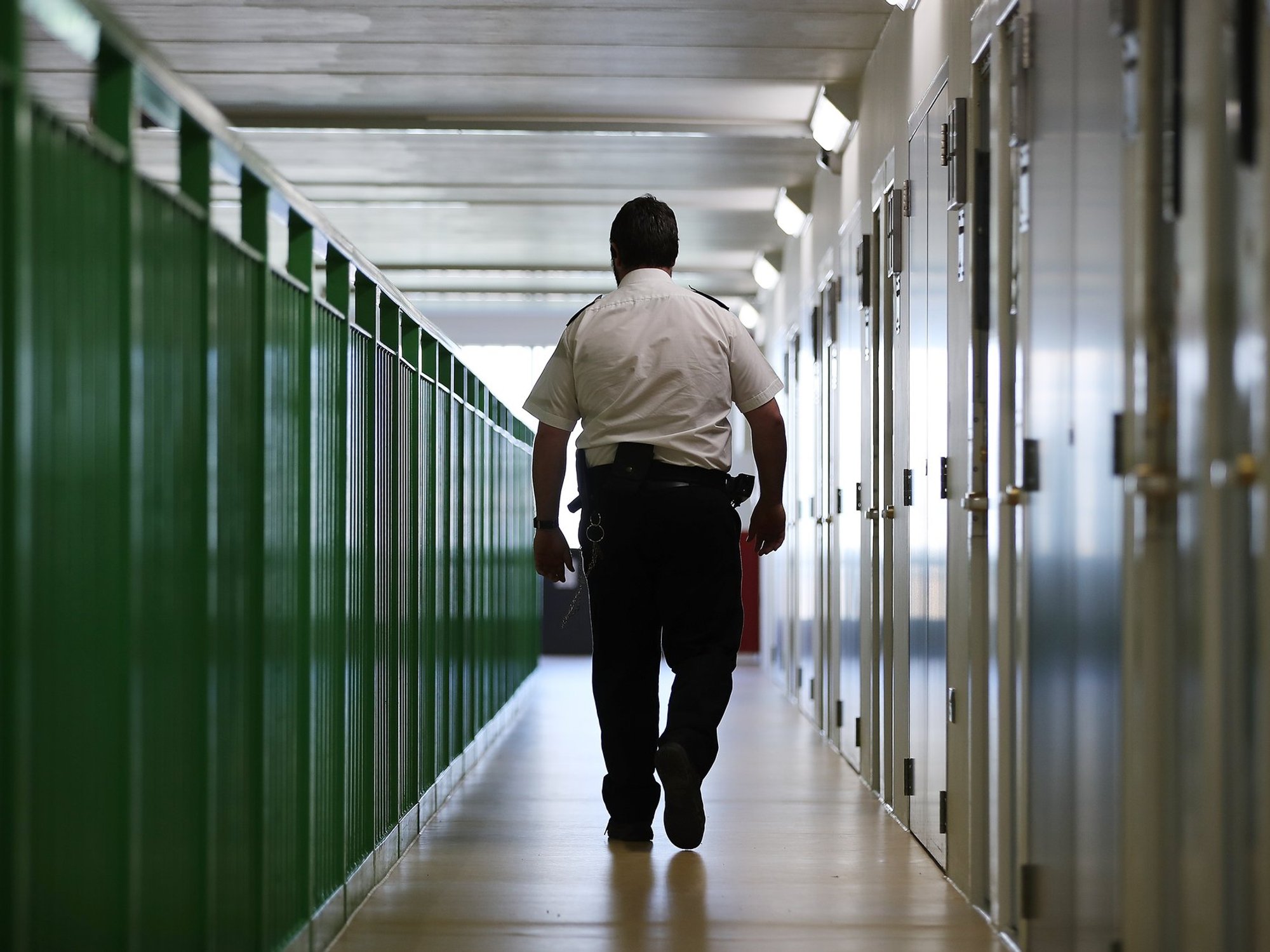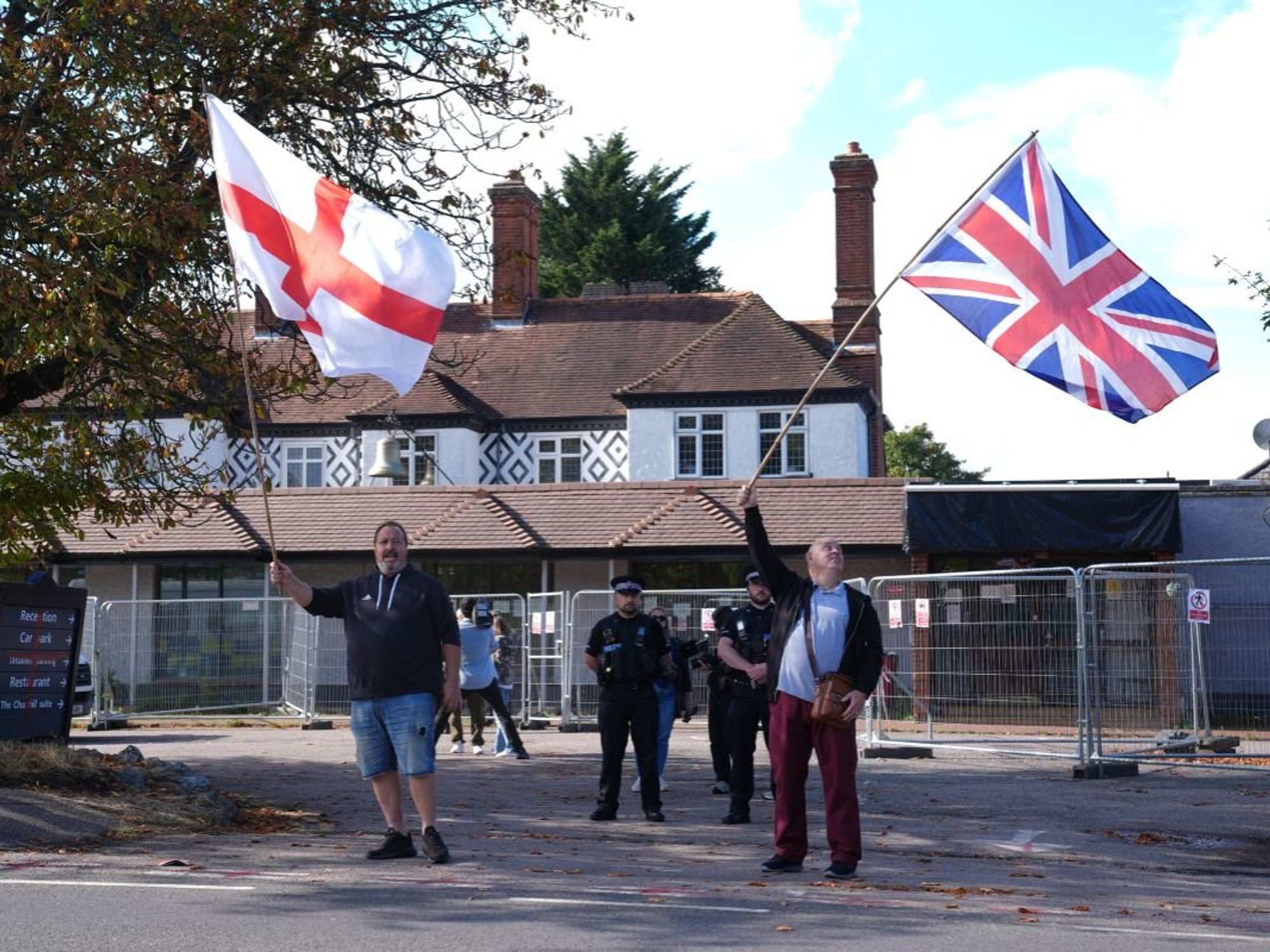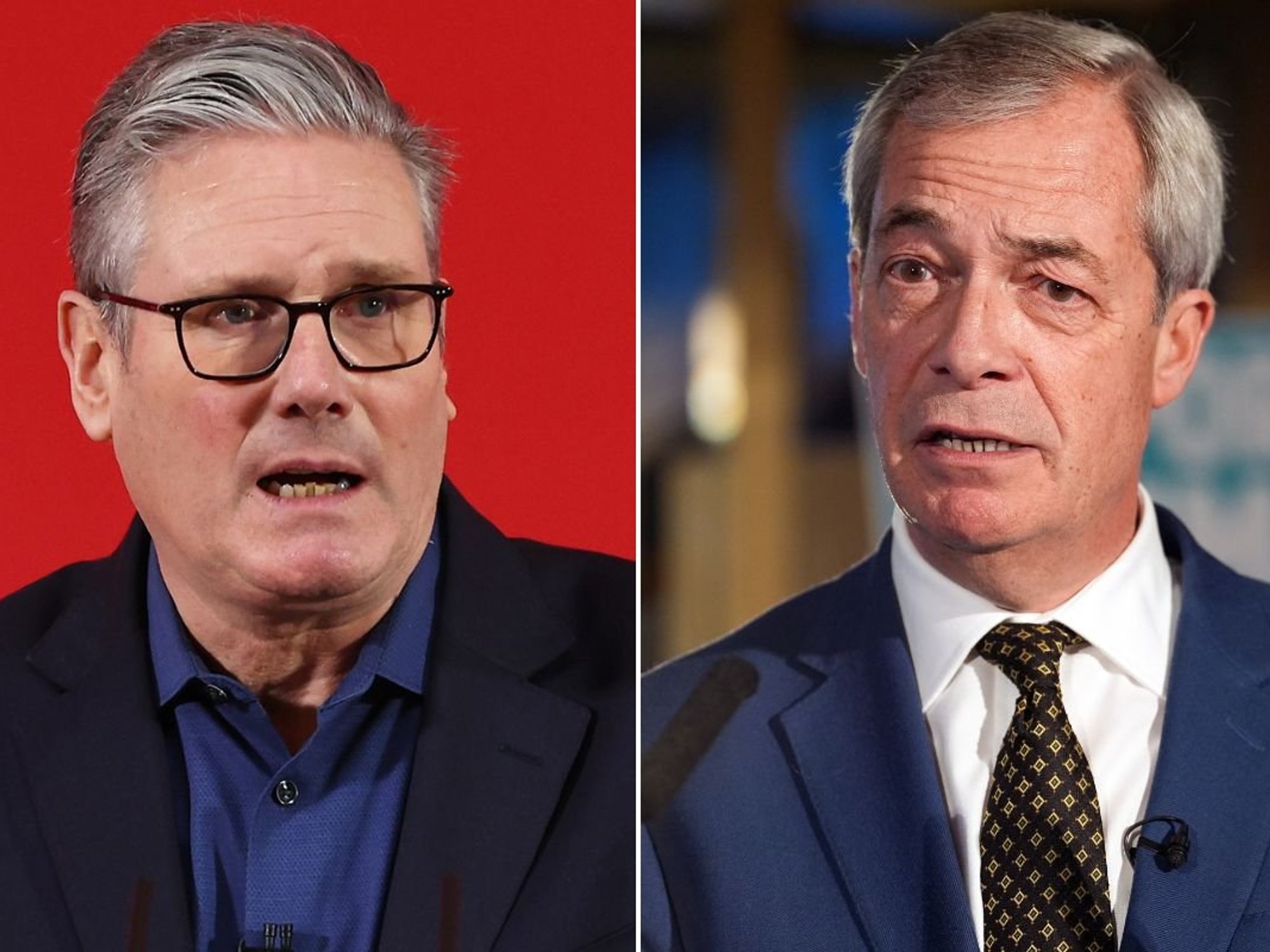It's hard to take George Galloway's general election plans seriously, says Nigel Nelson

George Galloway was elected for a fourth time last month
|PA

GB News' chief political commentator says the Workers Party of Britain have much work to do
Don't Miss
Most Read
If you thought politics was topsy-turvy that’s because it is. George Galloway maybe 69, but he is enjoying his fourth stint in Parliament promising once again to break the mould of British politics.
But, hey, he's a spring chicken compared to Joe Biden, 81, and Donald Trump, 77, who will battle it out across the Atlantic to be leader of the free world. At 57, Lee Anderson is a mere toddler in the political kindergarten.
But Anderson is significant. Galloway isn’t. Despite his surprise win in Rochdale in a weird by-election chocker with surprises, it is hard to take the Workers Party leader's boast that he will field an army of 300 candidates at the election seriously once they realise the full implications of having to fund themselves.
For starters, they will need to be independently wealthy to stand any chance of success which is not the demographic a party of the workers usually attracts.
Elections are expensive playthings, and Galloway’s troops stand to lose more than their £500 deposits if they can’t hit five per cent of the vote. Only a little over half of candidates ever do.
The huge cost of campaigning is why Rishi Sunak has raised the party spending limit from £18.5million in 2019 to £35million for this year’s contest. Getting voters interested in what you’re offering takes more than being persuasive; it takes dosh.
Which is what makes Anderson’s defection to Reform UK such a big deal. It has money, most of it coming from former Tory donors and the further it climbs up the polls the more it will get. Now it has its first MP to boost the party’s profile and a champion for the Red Wall.
According to the More in Common think tank, if Reform hits 10 per cent of the electoral vote it will cost the Tories 39 seats, and at 15 per cent that goes up to 63. Beyond 20 per cent and Reform will begin to get their own elected MPs.
From just being a bunch of disrupters hoovering up some Tory protest votes and delivering the election to Keir Starmer, Reform now has a chance of real clout which is why leader Richard Tice has adopted the new mantra: "A vote for Reform is a vote for Reform.”
He now needs to do some detailed work on his policies for the manifesto if he is to pick up positive votes instead of just negative ones. As they stand they’re a bit simplistic.
A voucher to go private if you can’t get an appointment with an NHS GP for three days is all very well but there are only 3,000 private GPs. And even if patients avail themselves of this service only one per cent of the time, those docs would have to cope with an extra 1,193 consultations each. Given the same 10 minute appointments the NHS offers it would take 25 working days to fit them all in.
Tice reckons he can beat inflation by cutting VAT by two per cent, but that only works if shops pass the saving on to their customers in full and there is no requirement for them to do so.
Which means less VAT only reduces prices at a time of low demand - such as when Labour Chancellor Alistair Darling slashed 2.5 per cent off it during the 2008 financial crisis. And that cost the Treasury £13billion.
Turning back migrant boats in the Channel is a non-starter as the little rubber dinghies would capsize. Does any political party seriously want to campaign on a platform of drowning women and children?
But let's just suppose Tice irons out some of the unintended consequences he has created, gets above 20 per cent, and has enough MPs in Parliament to make his presence felt. Could he change the face of British politics forever?
Not unless he can find a way, which has eluded the Liberal Democrats, of getting the voting system changed to proportional representation.
The Social Democrats were the self-proclaimed mould breakers of the 1980s and for a while it looked as if their modelling clay might last. They had a lot going for them with the big hitters in their founding Gang of Four - former Labour Cabinet ministers David Owen, Roy Jenkins, Shirley Williams, and Bill Rogers.
They almost named this upstart party New Labour, but I bet Tony Blair was glad when they didn’t. I even toyed with the idea of standing to become one of its MPs. I’m glad that I didn’t.
The SDP picked up 28 defecting Labour MPs and one Tory and Jenkins and Williams won by-elections to get them back into Parliament. At one point after hooking up with the Liberals to form the Alliance they were first place in the polls on 50 per cent. Even Keir Starmer hasn't managed that yet.
Then they banged up against the first-past-the-post electoral system. At the 1983 election the Alliance won just 24 seats, and only six of those were SDP. Margaret Thatcher's victory in the Falklands did them no favours either.
In 1987 Jenkins lost his Glasgow Hillhead seat to...George Galloway. A full merger with the Libs followed but a stubborn David Owen kept the SDP torch alive though its flame was merely flickering. At a 1990 by-election even the Monster Raving Loonies beat the SDP candidate.
It should be a warning to Reform that insurgent parties who try to break the mould eventually go mouldy.










